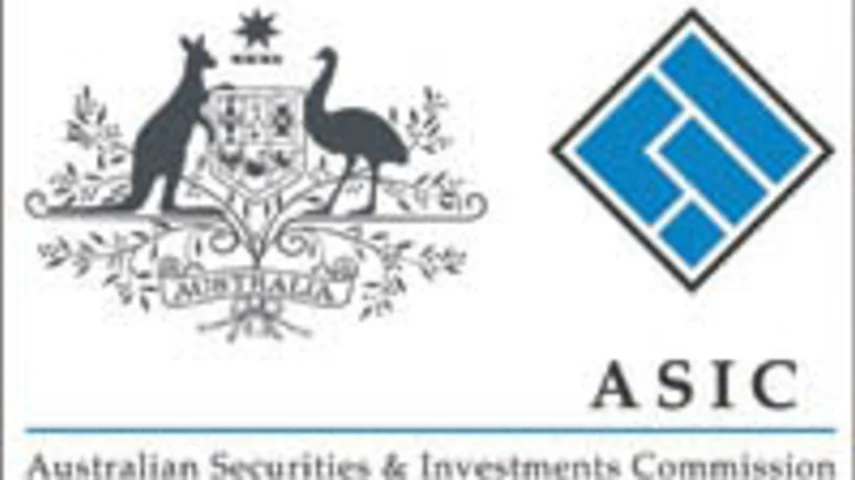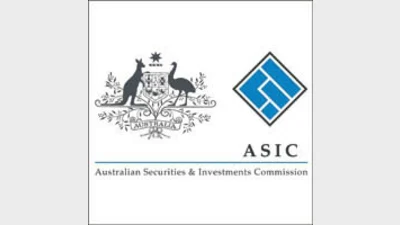Shorter dispute resolution timeframes



Lenders, including providers of margin loans, will be required to deal with credit disputes in less than half the time previously allowed to them under new dispute resolution arrangements announced by the Australian Securities and Investments Commission (ASIC).
The regulator announced on Friday that under the new disputes resolution regime shorter resolution timeframes would be applied and that instead of the current maximum 45 days for handling disputes, those involving default notices would need to be handled inside a maximum of 21 days.
In announcing the new regime, ASIC said it considered the timeframes would allow the industry sufficient time to address disputes at the internal dispute resolution level while providing a quick response for consumers under significant emotional and financial stress.
The ASIC announcement said that under the new national credit regime, credit representatives, unlike authorised representatives of Australian Financial Services (AFS) licensees, would be required to be separate members of external dispute resolution schemes (EDRs).
It said to reduce confusion for consumers, the EDR scheme of the credit licensee had to be used as the EDR scheme of the first instance.
ASIC said this approach would help reduce consumer confusion about where to complain, streamline compensation arrangements and best align with current dispute resolution requirements for AFS licences, particularly where a credit representative is also an authorised representative of an AFS licensee.
Recommended for you
Next year will see AMP roll out an end-to-end solution for its North platform, marking a shift in the firm’s position within the advice technology sector and building on adviser feedback.
My Dealer Services is predicting strong growth in self-licensing next year, citing recent ASIC action against Interprac and the desire for independence as key drivers of the self-licensing trend.
ASIC has handed down a six-month AFSL suspension to MW Planning after the firm failed to replace its banned responsible manager.
Despite the year almost at an end, advisers have been considerably active in licensee switching this week while the profession has reported a slight uptick in numbers.










